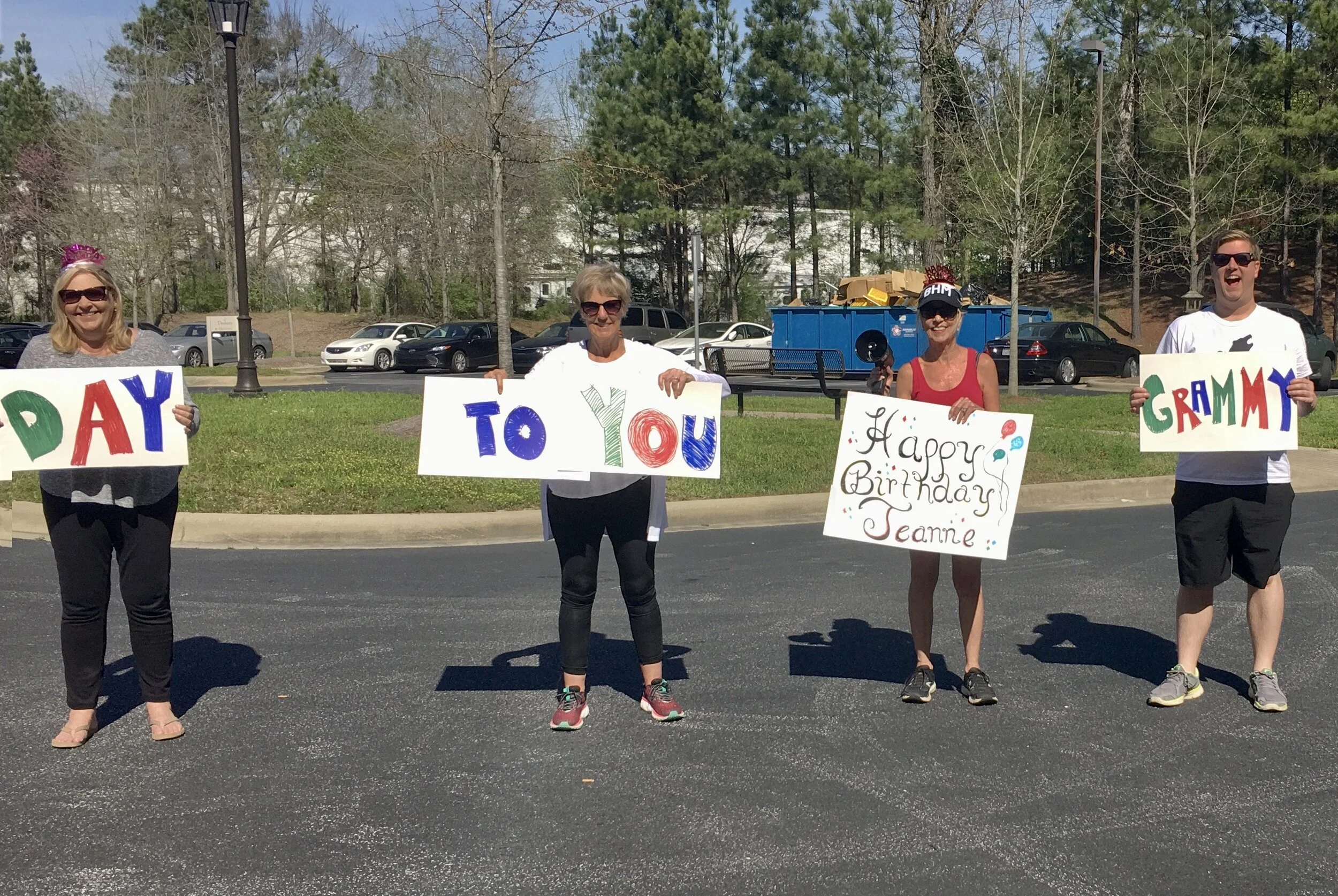How Will We Emerge? My Turn
How will we emerge? That’s the question I’m asking myself and others in this “unprecedented” year. If I tune into the daily news or read the statistics, that question ripples through me with uncertainty and fear. If I lay the uncontrollable “we” down, and focus on me, I can answer. I want to emerge with some “more” in a year filled with “less.”
How Will We Emerge? Guest Contributors Pat and Tammy McLeod
In a recent large group Zoom meeting with Harvard students, I asked them to find two empty containers, labeling one Lost and the other Found. In small groups, we took five minutes silently to write our losses on slips of paper and place them in our Lost jar. We did the same with our Found jar, and then we shared with each other what we wrote—ambiguous loss made tangible.
I was introduced to the term ambiguous loss—having and not having—after my sixteen-year-old son suffered a brain injury playing football and became severely disabled for life.
How Will We Emerge? Guest Contributor Andi Ashworth
I’ve been thinking a lot about habits and how my daily rhythms steer the direction of my heart. This is true all the time, but there are particular things I’m aware of right now. The use of my smartphone is one of them.



